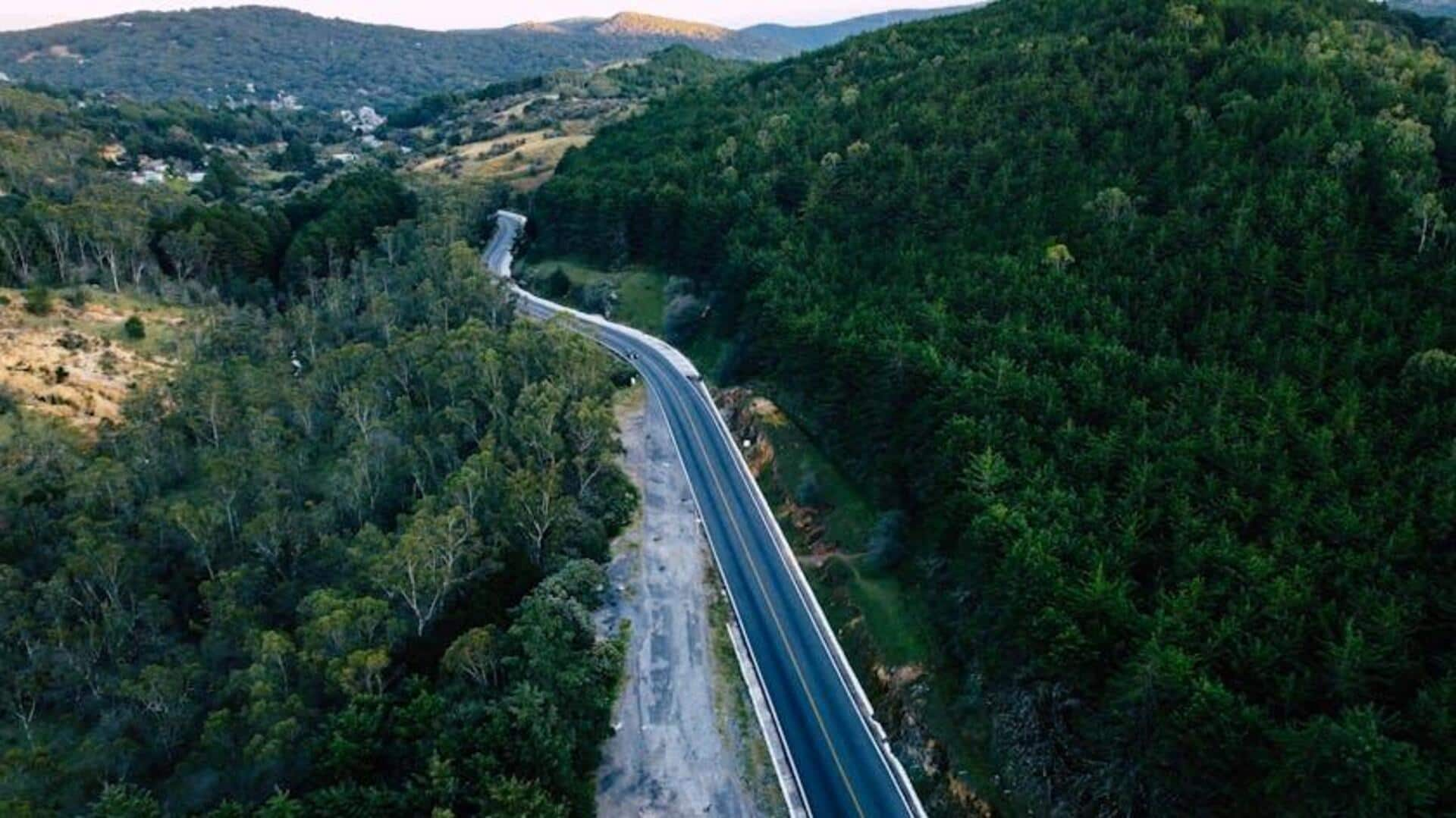Those who hike along the Hockanum River Linear Park used to enjoy the cool shade of the pine trees, enjoying the native shrubs that grew along the side of the trail near Laurel Marsh. Now, Eversource Energy has cut down the trees and low-growing shrubs underneath its high-voltage power lines in Manchester, say those who have maintained the trails for as many as 30 years. “It’s basically a desert in that regard,” said Frank Belknap, who helped set up the trail in 1995.
“But the other thing is, there were trees that were planted, that were designed to form a corridor to differentiate the trail and make it so much shaded,” he said. “Everything is gone. So it’s like you’re walking through a plant desert now, which is kind of disappointing.

” Eversource said the conclusions about what was done are incorrect, that the utility looks for compatibility of species, works carefully and that the power lines in questions are important to thousands of people. Yet, Belknap took a tour of the area last week and said he found, “They completely clear-cut the entire area. In the past, they used to use a selective cutting.
They would cut out specific trees that had potential. This is a case where it was just completely cut. It didn’t matter what it was, it’s gone.
” Belknap maintained that Eversource came in, in the last two weeks, with heavy machinery and was indiscriminate about what it cut down. “The machinery they have is very efficient and they can mulch and cut things up,” he said. “They have giant brush hogs and things like that that can just go through and shred everything in their path.
” He said the trees and shrubs were planted “for specific reasons in and around 1995 because they were designed to isolate the trail system that the town created as part of the Hockanum River Linear Park and, sadly, they seem to have cut down everything that was related to that, on up to the banks of Hop Brook.” Belknap said he is also concerned about an area above Route 44 where the state Department of Energy and Environmental Protection is coordinating a review of a Natural Diversity Database location because of an animal species considered “of special concern or near extinction in Connecticut.” However, Eversource has not cleared that area.
As for the linear trail, Belknap said, “other hikers that I’ve talked to are disheartened. I’ll use that word, yeah, because you know it’s the undoing of plans that evolved in the 1990s where four towns, Ellington, Vernon, Manchester and East Hartford, came together to put together a linear park, and the act was to give an experience in a riparian location so that people could see something they didn’t normally get to see.” He said one person contacted him and said, “My God, how could they do this? You know, they’ve destroyed it.
She was distraught. And I said, Well, unfortunately, according to the regulations, there’s nothing we can do.” Belknap said in 2011, Eversource “came to the Conservation Commission and said, what we’re hoping to do is establish a meadow, because that’s a type of we’ll call it plant population, that doesn’t exist very often, because so much of the state of Connecticut is forested.
“And the thing is, that sounded really good,” he said. “But then they changed their policy with regard to how they manage things. And in this case, they have a swath because of the way the lines were laid out, probably about 500 feet, that’s completely clear.
And, consequently, when they did this several years ago, the plants that came in were invasive plants.” Belknap said he’s concerned that the clear-cut area will be overrun by buckroot, Japanese knotweed and mugwort within a few years. “What was once a beautiful spot to walk and very popular in the town of Manchester is now a wasteland,” said John Shields, who also has kept up the trails.
Shields said he believes Eversource let another site on the other side of Route 44 get taken over by invasive plants. They were supposed to remediate the damage by planting native plants. “Unfortunately, they didn’t and it’s now a sea of Japanese knotweed, impenetrable Japanese knotweed that we have an awful time maintaining any trails through there.
It’s a fast-growing invasive weed and we expect them to do the same on this side.” Shields said Eversource cut all the way to the Hop River. “We’ve been keeping it as a riparian paradise for the animals,” including bobcats, mink, ducks, frogs and turtles, he said.
“My little team will not be able to restore the damage that’s been done by planting, just an old four-man team,” Shields said. “So that leaves it up to — we call them Neversource — to do what they say they’re going to do. I’m fearful that they won’t.
And past record shows they didn’t.” Kathy Ferrier, Eversource’s supervisor of transmission vegetation management, denied the utility clear-cuts under its transmission lines. “We’re not doing clear-cutting; we’re doing selective cutting in our transmission right of way of what we call incompatible species,” she said.
“And what those are is any tree or shrub that has the capability of getting taller than 15 feet at maturity is removed. “And we also target invasive species as part of our program,” she said. “There was a lot of buckthorn out there.
That’s kind of a shrubby tree. We do target invasives like buckthorn, honeysuckle, Russian olive.” Ferrier said once the invasive species are removed, native species are transitioned in.
“That’s the goal of the program,” she said. Told that the trail maintainers said small shrubs were also cut down, Ferrier said, “Sometimes, if it’s right next to something that was incompatible, it’s possible that it could get mowed or cut down, but there are compatible species that were left out there like blueberry and some other things. Certainly we’re not trying to cut down trees, shrubs that aren’t incompatible.
” Ferrier said the transmission lines serve towns up to Bloomfield. “These transmission lines are the backbone of New England’s grid, not just Connecticut,” she said. “These lines affect entire towns and substations.
So there’s thousands of people that can lose power when these transmission lines get impacted,” he said. “So that’s the goal of our program is to remove the incompatible species and transition it to a low-growing shrub and grassland community with pollinators, and we found that it actually ends up being a really beneficial habitat once we’re done.” Ed Stannard can be reached at estannard@courant.
com ..



















